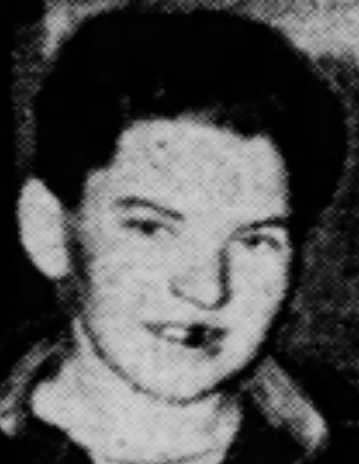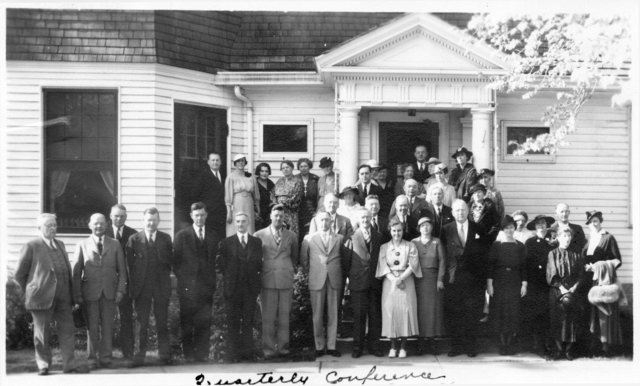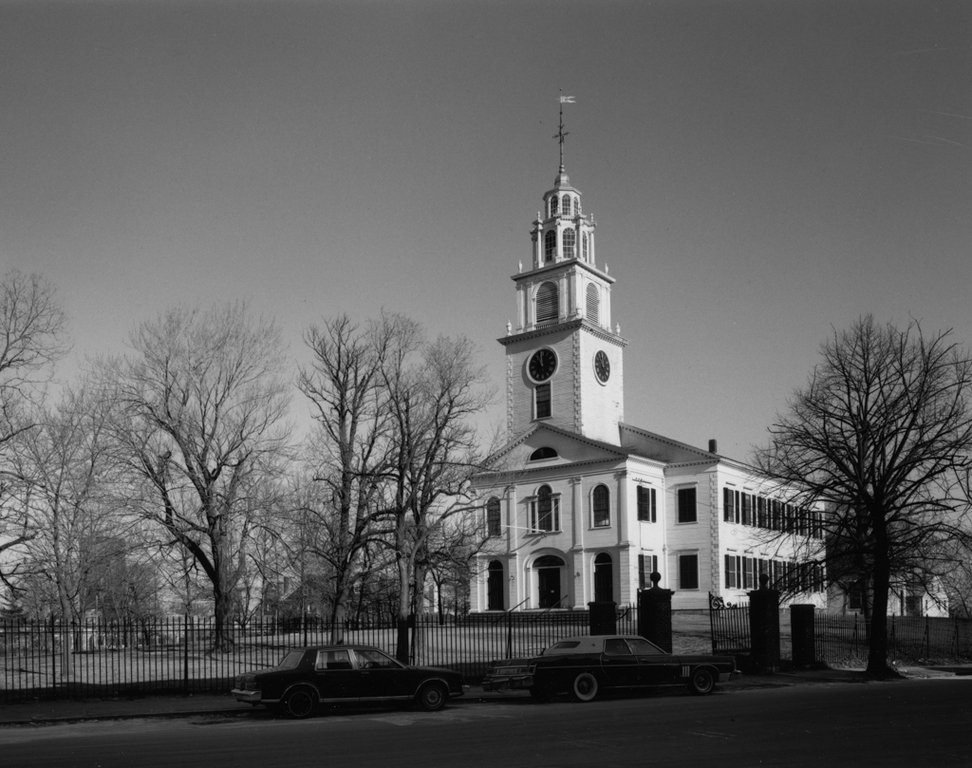REPAIR Case Study Catalog
This catalog of case studies emphasizes the diversity of sites significant in U.S. disability history. Case study subjects range from the Minnesota State Fair, where eugenic themes were woven through home economics exhibits, to the Milwaukee Ordnance Plant, where Deaf women worked on the home front during World War II.
Guidance For Opening a Case Study
Click on the orange title link to open an interactive StoryMaps case study in a new tab within the same browser window.
Click on the image above the orange title link to open the case study on the REPAIR website in the same tab.
Click the “tags” menu to sort case studies according to subject matter.
Tags
- AAPI history
- Accessibility
- Activist
- Architecture/design
- Arts
- Assistive devices
- Black history
- Carceral
- Care webs
- Children's history
- Cognitive disability
- Deafness
- Developmental disability
- Disability rights
- Educational
- Eugenics
- Immigration history
- Incarceration
- Indigenous history
- Industrial
- Intersectionality
- LGBT+ history
- Medical
- Mobility impairments
- Mutual aid
- Neurological disability
- Protest
- Psychiatry/mental illness
- Public
- REPAIR-generated
- Recreation
- Social
- Student-generated
- Wartime
- Women's history
Beulah Brunelle: Indigeneity and Queerness at Haskell Institute and the Shakopee State Reformatory for Women
As a teenager and young woman, Beulah Brunelle moved from one carceral landscape - a Native boarding school - to another.
Edna Larrabee: Pathologizing Homosexuality at the Shakopee State Reformatory for Women and St. Peter State Hospital
Edna considered herself to be “a true homosexual.”
Mildred Cosier Strain: Sexuality at the Shakopee State Reformatory for Women
Reformatory staff considered Mildred to be the “typical institution type, quiet, well behaved in presence of officers, is sly and will try to get by the rules.”
Marie Carey: Transgender Identity at the Shakopee State Reformatory for Women
Marie Carey, incarcerated at the reformatory in 1935, observed that “her reactions are so contrary to that of any other girl.”
John Eliot Square District
John Eliot is remembered as an seventeenth-century Puritan evangelist. Who remembers his son, Benjamin?
Milwaukee Ordnance Plant
Disabled women were an important part of the war effort on the American Home Front, and deaf women were the ideal workers.
Charles Thompson Memorial Hall
The Progressive Era's preoccupation with group organizing and economic class shaped the history of the first Deaf social club in the U.S.









